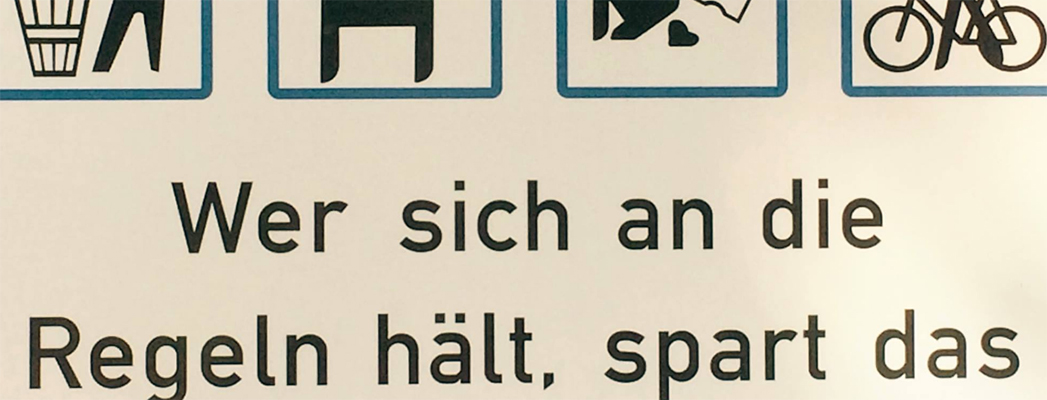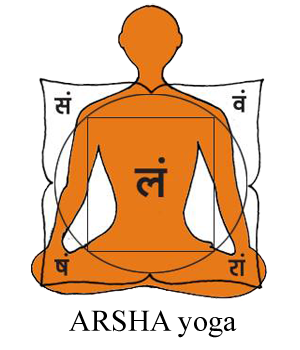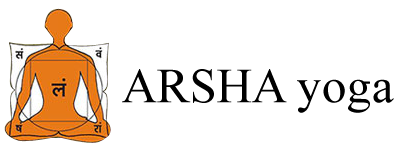Among the Shadows of Grey
 For today`s article I got inspired during my walk-in Germany where the street sign said: “By following the rules, you save yourself a penalty ticket.” This sign triggered a further thought: “Can human beings follow discipline only when non-compliance results in punishment?”
For today`s article I got inspired during my walk-in Germany where the street sign said: “By following the rules, you save yourself a penalty ticket.” This sign triggered a further thought: “Can human beings follow discipline only when non-compliance results in punishment?”
During my teaching in training or short-term seminars, I seem to come across the same cognitive pattern of “black and white” thinking without noticing the shadows of grey. I am not trying to blame anyone but to point out a repetitive behavior that can significantly curb our feeling of happiness and completeness.
In terms of our school, family and social education we were taught to think in one direction only and to regard everything else as non-existent, disturbing, redundant. It is like climbing up to a castle through the forest and missing the sight and smell of flowers and singing of birds along the way. If we concentrate explicitly on the macrocosm of result, target, immobility, control, rules, and laws, we might miss the microcosm of buoyancy, fluidity, the world of small joys. We are constantly programmed for efficiency and result and forget to be in the moment that happens particularly “on the go.” We want to get clear answers for all our questions and if possible, only a single clear answer. If we all live according to our dharma (the universal law of righteousness), we don’t need laws and regulations. We will know how to deal with ambiguous situations that come frequently in life and those uniform laws cannot apply.
To promote change, we have to individually step out of the cycle that in the yoga psychology we call vṛtti – samskāra – a cycle in which our thoughts build a certain behavioural pattern and from this pattern, similar thoughts emerge creating a vicious circle.
A meadow near Yoga Vidya Bad Meinberg, Germany
Certain cognitive patterns promoted by the modern education are so strong that any impulse for change is regarded as threat to our own identity – the ego. In yoga we often hear masters talking about “giving up the ego”. This is rather a part of a higher spiritual practice. For us normal human beings, I dare to say, we have to find our “right ego” which comes out of balanced vijnanamaya kosha (the wisdom sheath of our mind). Then we can recognise our strengths and weaknesses without a reason to feel either superior or inferior.
Our modern educational system is based on information – IQ (intelligence quotient). However, in order to “digest” the given information properly, we need a corresponding amount of EQ (emotional quotient). If we have access to a large amount of information, but we don’t know how to integrate it within our personality and in regard to relationships with other people and society, we become confused and emotionally imbalanced. This disruption of the psyche is often the triggering factor for autoimmune disorders such as multiple sclerosis, lupus or even cancer. In my seminars, I have acquainted several people who were highly informative and could narrate almost the complete world history and the current political situation, but they were not able to be at peace with themselves. Does the school syllabus, today, including subjects such as Mindfulness in Daily Life or peer projects bearing the title How to Recognise and Harmonise Your Emotions?
Why NOT?
Because the legislators governing the ministries for schooling and education themselves had no access to another form of education. They themselves are not leading mindful lives and legislative bills are mainly introduced by a lobby of multinational companies that supply school books and soda and snacks machines to schools.
We are interested to meet like-minded people to organise seminars dealing with the topic of Vedic education and mindfulness. If you are interested, please contact [email protected]
As Mahatma Gandhi once said: “The world has enough resources to satisfy everyone’s needs, but not enough resources to satisfy greed of even a single person.”
Arsha Yoga, Kerala, India
Dear friends, let each of us take small steps and work together for a better tomorrow.
Lokaḥ samastāḥ sukhino bhavantu.
May all beings be happy.



